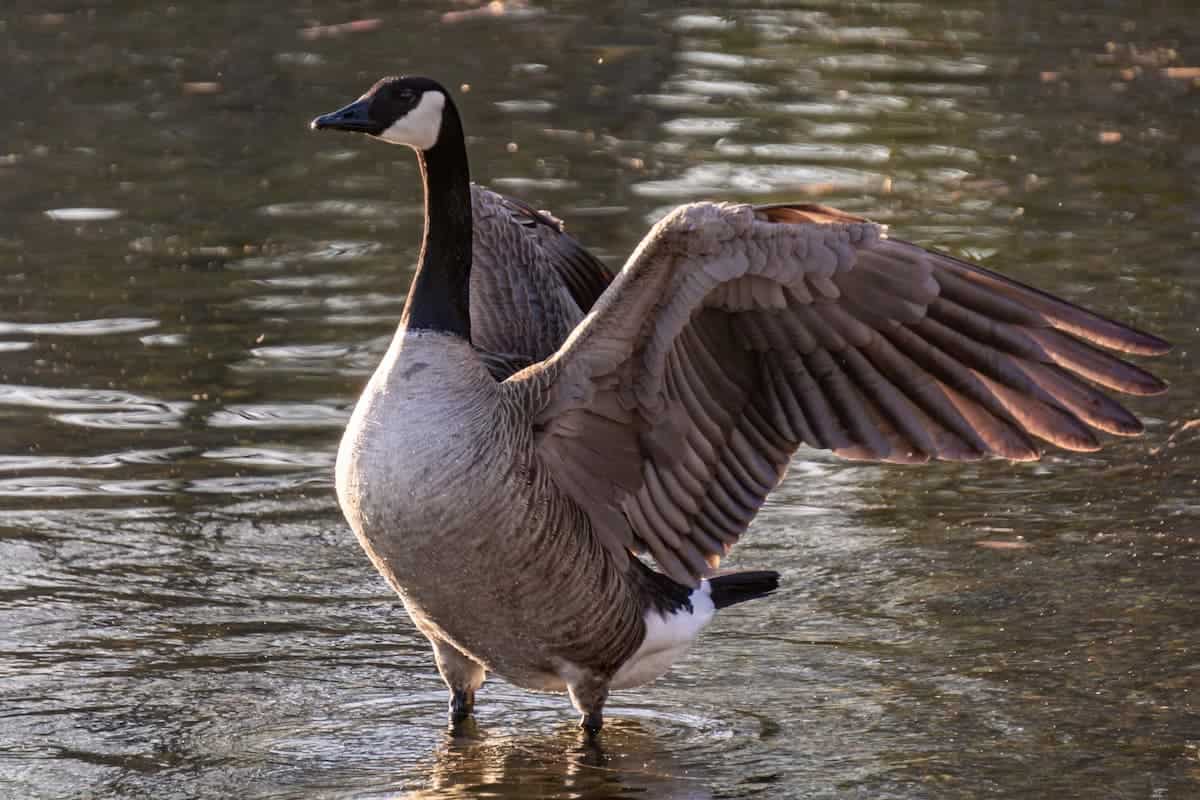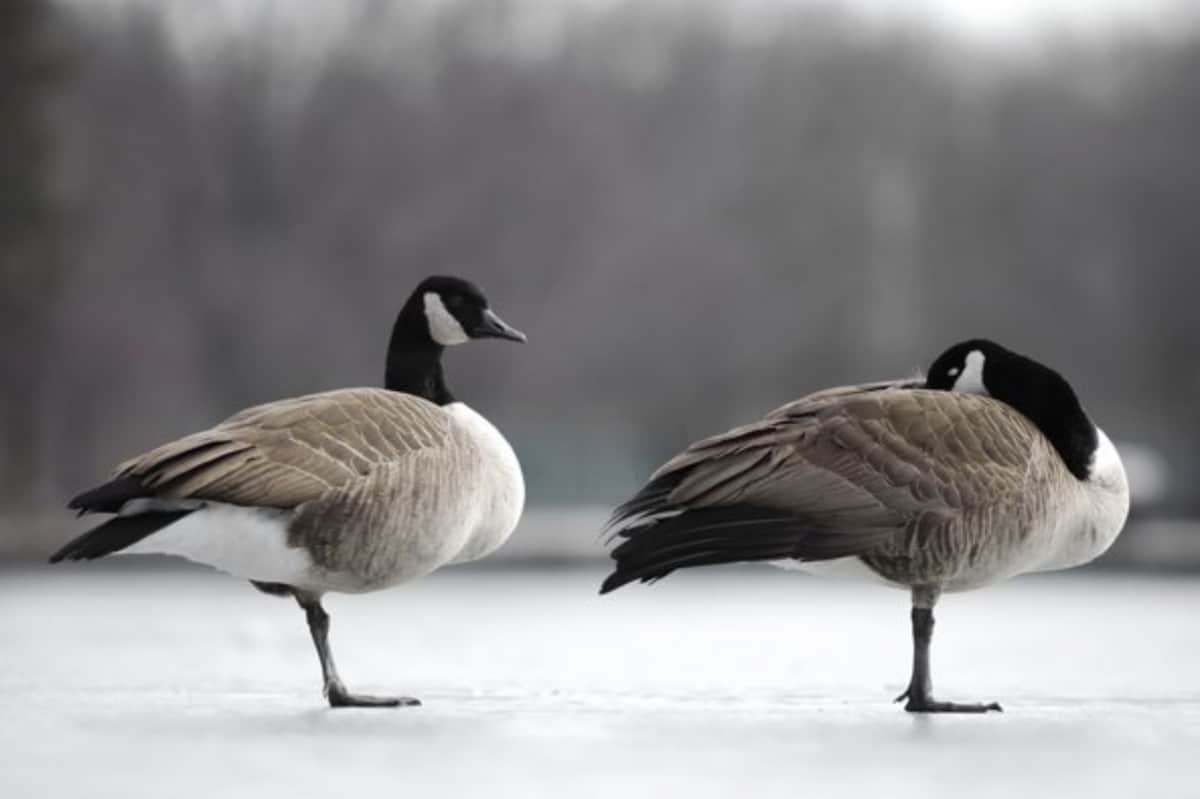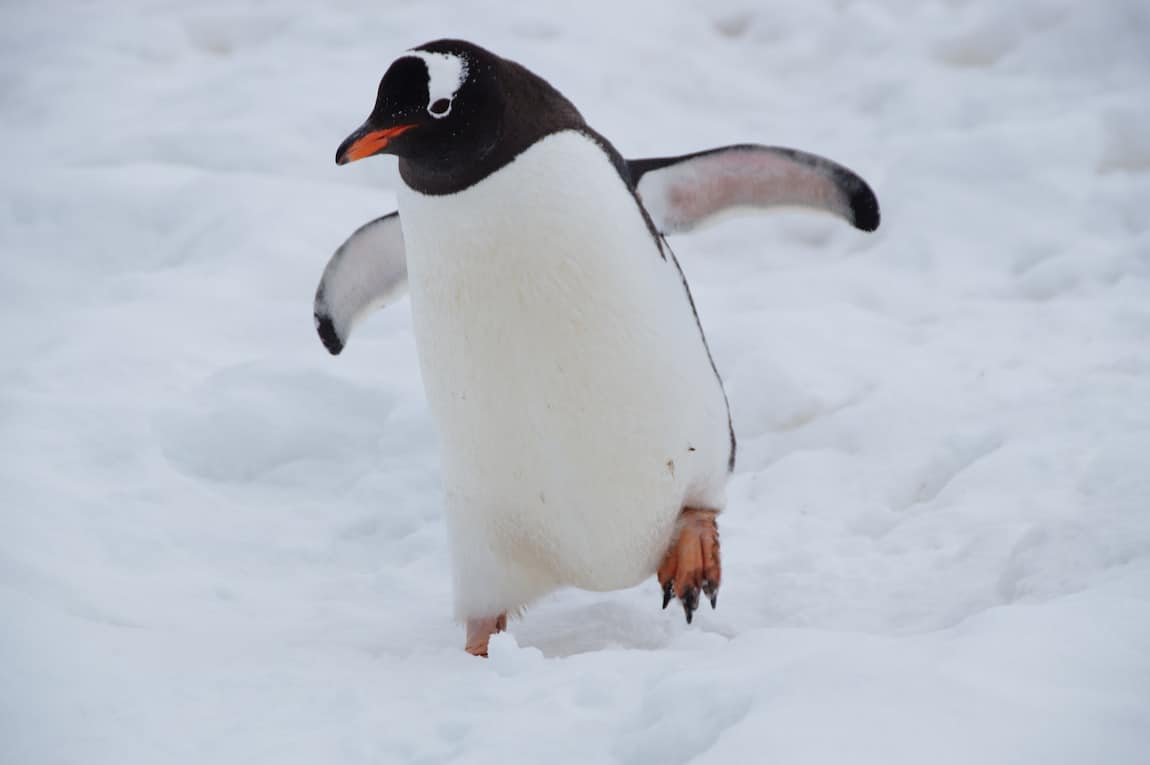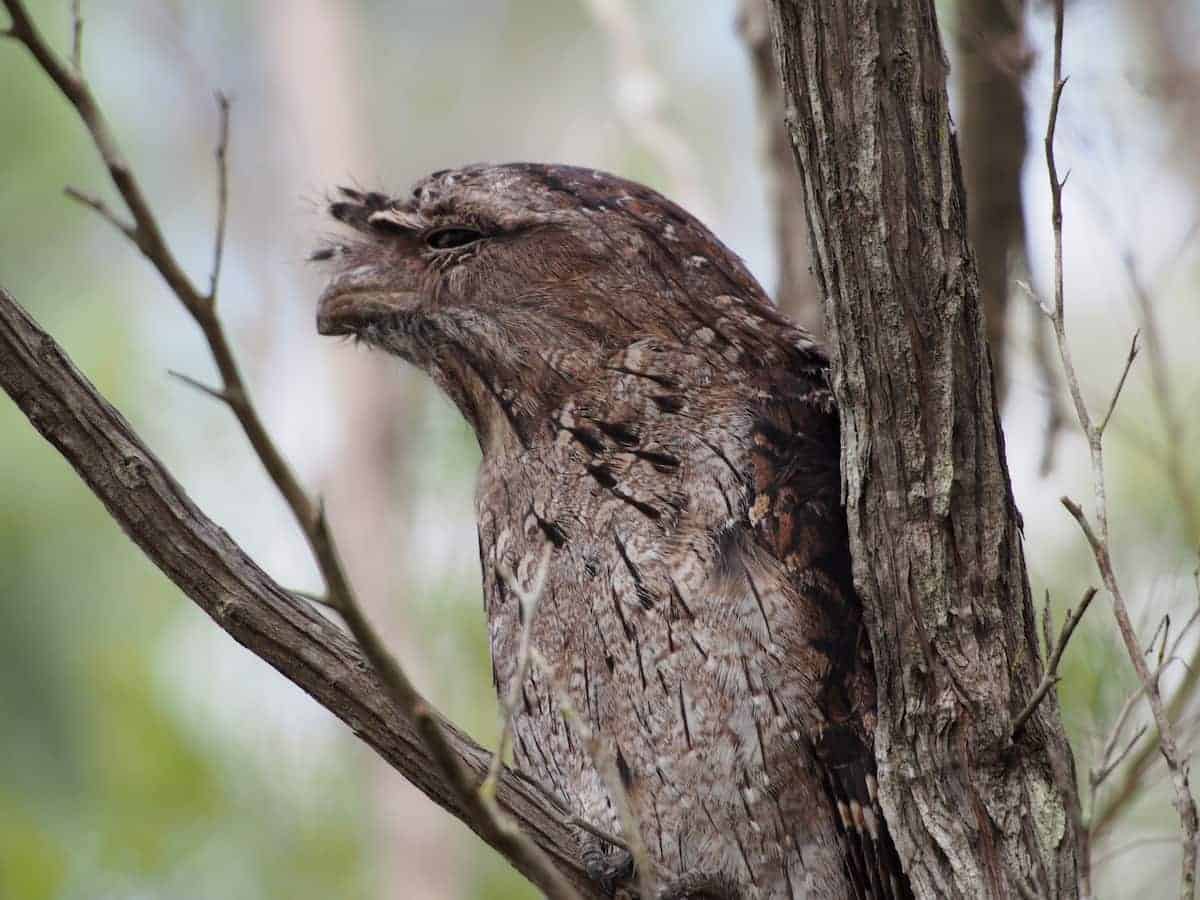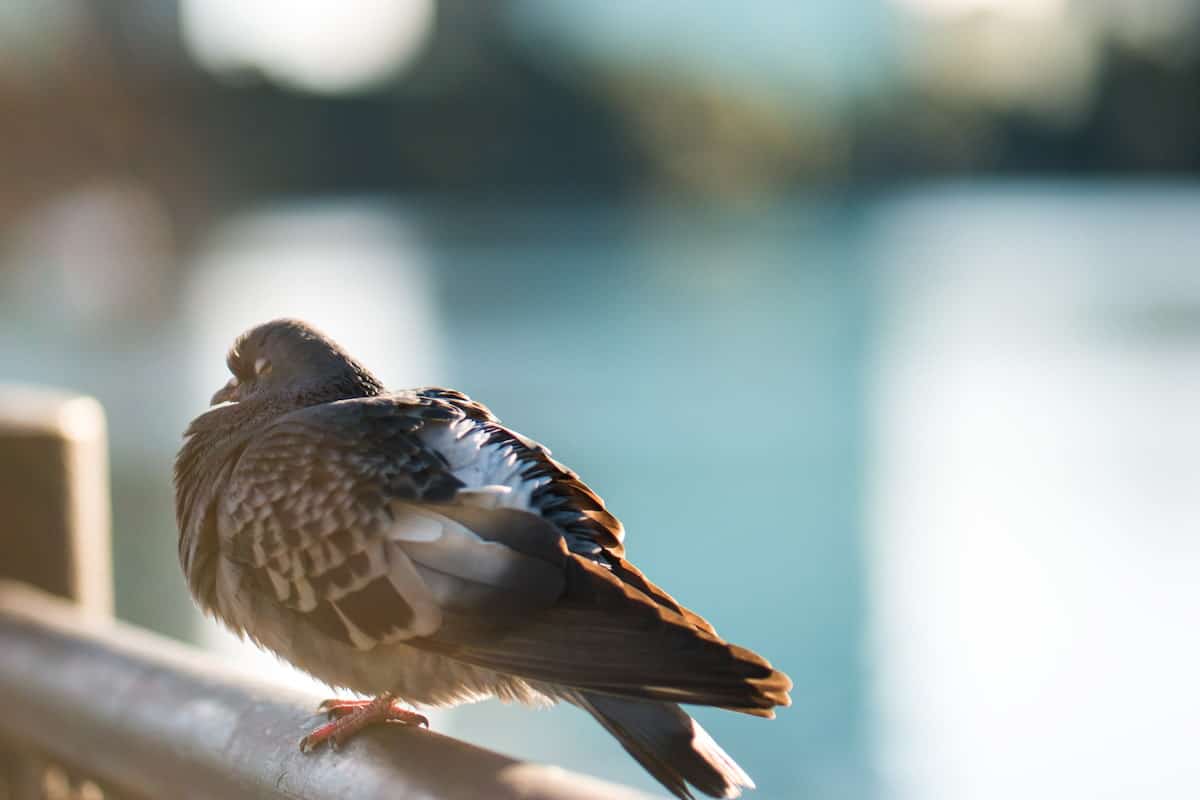Geese can be found all over the world and come in a variety of different species sharing many similarities. As geese are adaptable birds, they can be found both out in the wild or as domesticated animals on farms. In the wild, geese can often be found close to water as this is where they find most of their food.
Though geese are large birds, they still have predators on the hunt for them, so it is important for them to feel safe and secure as they forage for food, preen their feathers, and especially as they sleep. Like many other birds, geese do not have specific nest sites that they return to every night to sleep and will look for a variety of locations that are suitable for them to get a good night’s sleep.
But where are these locations exactly? Here is a close look at where geese go to feel safer as they sleep.
Where do domestic geese sleep?
Domestic geese have far less to worry about than wild geese. They are usually kept in pens or enclosures of some kind and so are protected from most of their natural predators like foxes and hawks. Their owners may also provide them with some form of shelter to protect them from bad weather.
Domestic geese will, therefore, be perfectly happy to sleep either huddled together inside their shelter or out in the open on a soft patch of ground. Without any predators to worry about, they feel much safer sleeping this way and will often return to the same areas of their enclosure to sleep at night.
Where do wild geese sleep?
Wild geese have more difficult lives than domestic geese with plenty more predators and dangers to worry about, so wild geese may be found sleeping in a much wider variety of locations.
You may catch a group of geese huddled together and sleeping on land during the day, but this will not be restful sleep and could only be classed as napping – and only if they feel safe enough.
As geese are large birds, you will not find them sleeping in trees or in the branches of bushes due to their weight. Instead, geese will find small islands in rivers, lakes, ponds, or other wetland areas to sleep on at night as these are difficult places for terrestrial predators like foxes to get to.
Can geese sleep on the water?
The most common location to find sleeping geese is on the water. Whilst this may seem too exposed to us humans, sleeping on the surface of a large body of water actually provides many advantages to geese.
Though they may drift slightly during the night, geese will do their best to stay away from the edge of the water, making it much more difficult for land-based predators to reach them. The water also acts like an early warning system for the geese, as they can feel vibrations and ripples through the water and be alerted to any predator trying to swim towards them. Geese also take ‘shifts’ during the night so that at least one animal is on the lookout and alert for danger, making the water the safest place for geese to sleep.
Can geese sleep whilst flying?
Many species of geese are migratory birds, meaning that they have to fly very long distances to reach their mating grounds each year. During these long flights, you may think that geese have to stop regularly in order to sleep, but that is not the case.
Like several other bird species, geese are capable of unihemispheric slow-wave sleep (USWS), meaning that they can literally switch off half of their brain to rest, whilst the other half stays awake and active. By doing this, flocks of geese can switch off half of their brains, allowing them to sleep as they fly. This is why you will often see geese flying in a V shape – this makes it easier for them to follow the lead bird whilst half of their brain switches off to sleep whilst they fly.
Do geese sleep in their nests?
Like most other bird species, geese do not return to nests every night to sleep. They only build nests during their breeding seasons and use them to keep their eggs and young safe.
Whilst adult geese will certainly take advantage of a comfortable nest to sleep on as they incubate their eggs, once the eggs hatch, they will abandon the nest.
Why Do Geese Sleep on One Leg
Have you ever seen a goose sleeping and wondered why it was standing on one leg? It’s actually not as strange as it seems. There are several reasons why geese sleep this way. Geese are interesting creatures, and their sleeping habits are just one of the things that make them unique!
Geese tuck one leg underneath their bodies to keep the other leg warm and dry whilst they sleep. This is important as geese are vulnerable to the elements when sleeping on a perch. It also helps geese to conserve energy.
Want to learn more about Why Do Geese Sleep on One Leg click the button below
Conclusion
Geese are adaptable and capable of sleeping in a variety of locations.
Domestic geese that are well-protected will feel safe sleeping on land or inside man-made shelters as they will not have to worry about predators.
Wild geese will do their best to find places to sleep that are out of the way of these predators, spending most of their time asleep on the surface of the water or finding patches of land on islands if they can.
Incredibly, geese on their annual migrations are capable of sleeping as they fly through USWS. They switch off half of their brains to sleep, whilst the other half stays away to keep them in the air.
